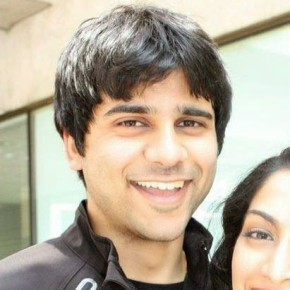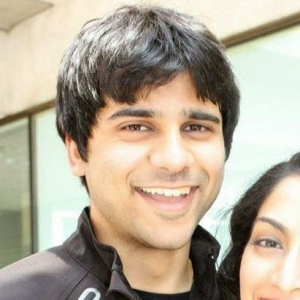Article by Rishi Kumar, MD | “Doctor’s Orders” curated by editor Sasha Yakhkind
Congratulations! You’ve made it to the clinical portion of medical school. Now you’ll work alongside interns, residents, attendings, pharmacists, social workers, and a myriad of other health care workers to provide quality care for your patients. As a resident, I’ve seen medical and PA students struggle with feelings of anxiety, incompetence and disorganization. They are excellent with patients, but often have difficulty with team dynamics and understanding their roles as clinical students.
Here are some tips for success modeled after Covey’s “The Seven Habits of Highly Effective People.”
- Embrace Change: Clinical medicine is very different from what you learned in the basic sciences. Your lecture hours have turned into work hours. Your predictable schedule has much more fluid and riddled with fatigue. You will be seeing patients in clinic, suturing lacerations in the emergency department, holding retractors in the operating room, and somehow finding time to go home and study for your shelf exam. The quicker you adapt to change, the better!
- Be Friendly, Be Patient: Stress is multifactorial for the clinical student. Exams, evaluations, extracurriculars, busy work days and burnout are all very real. Despite this reality, every person you encounter deserves your respect and kind demeanor. Patience is intrinsically linked to keeping calm when you’re stressed. Waiting for a critical lab result? Patient disposition issues? Didn’t get your choice of vacation or days off? Making the most of a bad situation is what will define you — be comfortable with things being out of your control.
- Know Your Limits: No one expects you to be adept at every procedure or an expert in every field right off the bat. At the same time, residents don’t know your background experience with various tasks. If you don’t know something, ask … and learn for the next time. Often times when one student learns something, the information disseminates among the others on the team. No greater way to learn than from a colleague.
- Balance: Your hours will be more unpredictable, but it’s important to find activities to do in your free time. Going out for dinner, watching a movie, hitting the gym, playing sports, and pursuing other hobbies were all things I did as a med student. Find what makes you happy and a way to incorporate that into your schedule. There’s plenty of time for medicine … so relax!
- Team Before Individual: Your team dynamic will determine how happy you will be over the course of the rotation. Residents try to set aside time to “pre-round” on your patients, review concepts, and offer critique, but sometimes we just need your help with follow-ups, paperwork, or making phone calls. Be the helping hand! You succeed and fail as a cohesive team — if one person is happy, everyone will be happy. By the same token, never try to “one-up” a co-student or resident. It makes you look pompous, and no one likes a showoff or know-it-all. A lot of the feedback from attendings is driven by input from the residents (not to mention your dean’s letter comments). Make yourself stand out by putting the team first.
- Be Honest: It’s sad this even made the list. Often times honesty comes into question when students are embarrassed to admit an oversight; however, we’re in a field where false information can have serious repercussions on another human’s life. Admit all mistakes or shortcomings and move on! In the end, lying is one of the worst things you can do. Also, if you’re uncomfortable about a certain patient or something happened, like a needlestick injury, you’re doing more harm by not telling someone on the team.
- Have Fun: Despite all the hard work, the most important tip I can share is having fun. You’re practicing medicine, a field rooted in the noble art of caring for others. You will learn the deepest secrets of your patients. You’ll see patients nearly escape the grasp of death, and from time-to-time, some who pass away. You’ll see healthy people present for routine physicals. You’ll watch trauma patients roll in with a chest compression device running. Think about it: how many other people get to see this?
My years as a clinical student were memorable beyond description. To this day, I reflect back on the excitement (and fear) I had as an MS3 and how much more knowledgeable I seemed as an MS4. This maturation is something all medical students will go through before beginning residency. Hopefully the aforementioned tips have provided you all with a glimpse of some important considerations all clinical students should contemplate.
 Dr. Rishi Kumar, MD graduated from Baylor College of Medicine in 2013 and is currently an anesthesiology resident at Baylor College of Medicine seeking to improve anesthetic care by employing the latest techniques in perioperative management. He is a lover of medical education, sports, gaming, investing, programming and absolutely everything tech. Drop him a line at his blog, rk.md.
Dr. Rishi Kumar, MD graduated from Baylor College of Medicine in 2013 and is currently an anesthesiology resident at Baylor College of Medicine seeking to improve anesthetic care by employing the latest techniques in perioperative management. He is a lover of medical education, sports, gaming, investing, programming and absolutely everything tech. Drop him a line at his blog, rk.md.




